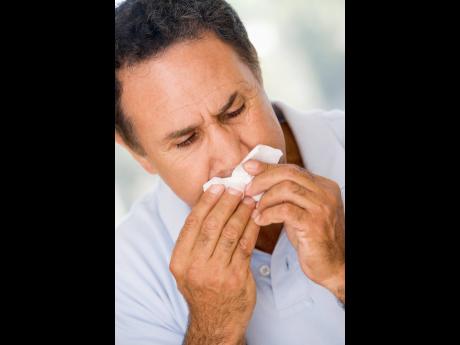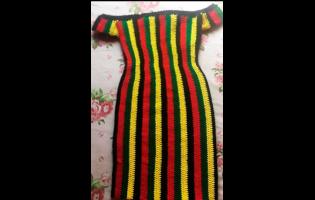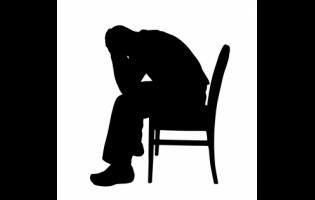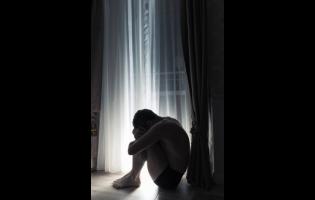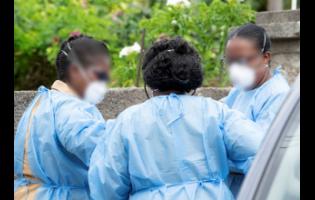Check-Up: Hitting back at morning sneezing
Dear Readers,
Dalton emails Check-Up seeking help for his problem which is that for the past several months he wakes up every morning and just starts sneezing a lot. Then he becomes stuffy. After he blows his nose a couple times he’s ok again until the next morning. He’s really ok all day! He asks Check-Up why this happens and how can he avoid these overnight allergy symptoms.
Dalton seems to be affected by morning sneezing fits! This is a condition where when the person wakes from sleep or shortly afterwards, they break out into an episode of forceful sneezing. Shortly afterwards they may develop other signs such as stuffiness and runny nose. There are several causes for this occurrence including:
n Environmental factors
n Immune-related conditions
n Chronic sneezing where the sneeze reflex is suppressed during sleep
Many people have allergies and sinus conditions which they control with various methods such as taking allergy pills or allergy nose drops or use garlic or peppermint teas and tablets to resolve. Other people don’t have any further symptoms after those experienced in the early morning hours. It is important to identify the cause in order to adequately resolve these early morning symptoms.
Some causes of early morning sneezing fits can be resolved fairly easily:
n Sleeping position: Your overnight sleeping position can affect this condition. When you sleep lying flat in bed, mucous secretions can pool and collect in the back of the nasal passages and thicken. This can be prevented by sleeping in a slightly elevated position using two to three pillows under the head, so that the mucous can drain away from the back of the nostrils.
n Breathing dry air while sleeping: Placing a humidifier in the bedroom at nights could resolve this problem as it would add moisture to the room air. Humidifiers are available at most pharmacy outlets.
n Allergies: Dust, mites, pillow feathers, skin cells, food particles and a host of other foreign particles may be present in your bed, bed sheets, pillows and pillow cases. This situation is remedied by actually changing and washing the bed sheets and pillow cases more frequently and with taking anti-histamine medication before going to bed.
As usual, with all medical conditions which seem chronic, if symptoms persist then you should see your doctor for a full check-up to make sure that no other problems needing treatment are being ignored . For example, when the sinuses are infected antibiotics might be needed to resolve the condition.






























